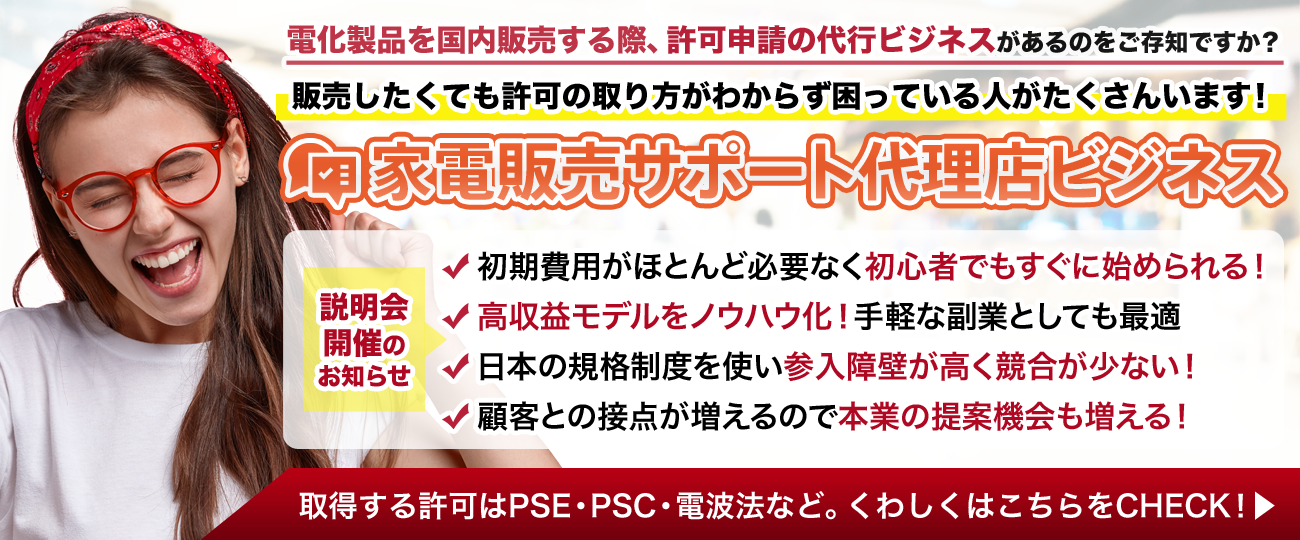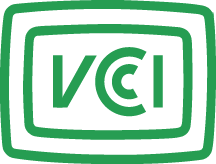For advanced radio law law users, three tips on wireless LAN, mobile phones, SIM cards, wireless charging, etc.
Hello. It is a hori of the manager.
There were basically many articles on "Technical Standard Conformity Certification Based on the Radio Law" about the radio law certification introduced so far. This is the radio law certification of "R mark" commonly referred to as "R mark".
In fact, there is a "T-mark" radio law certification, and to be precise, "certification of compliance with technical standards based on the Telecommunications Business Act".
In a nutshell, this "certification of compliance with technical standards based on the Telecommunications Business Act" is an authentication necessary for connecting to a telephone line network, and in addition to mobile phones (smartphones), analog phones and faxes, relatively new ones such as SIM (mobile phones), wireless LAN routers, GPS, and various communication devices are covered.
Since these devices also require radio waves, both R mark and T mark are required.
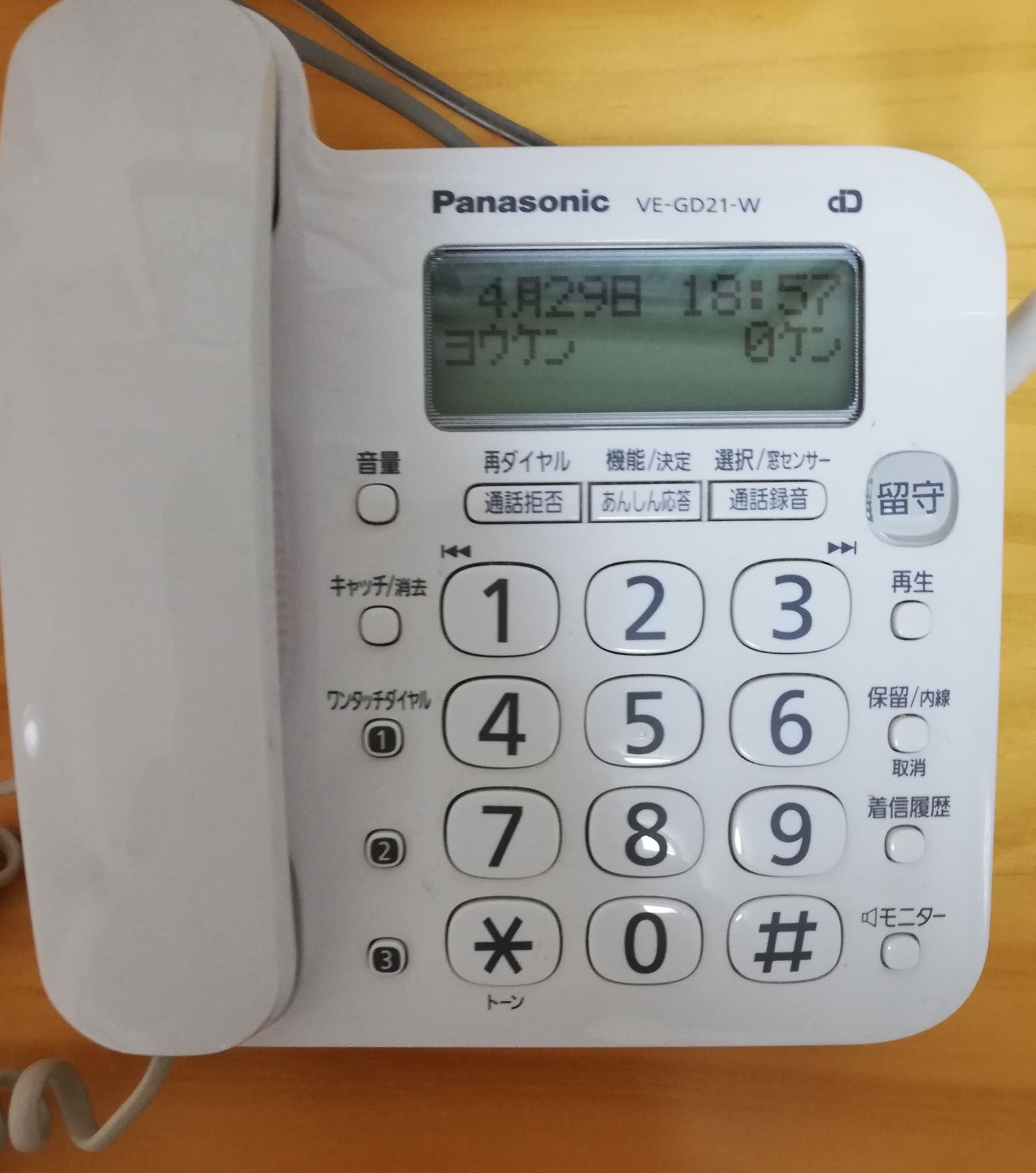
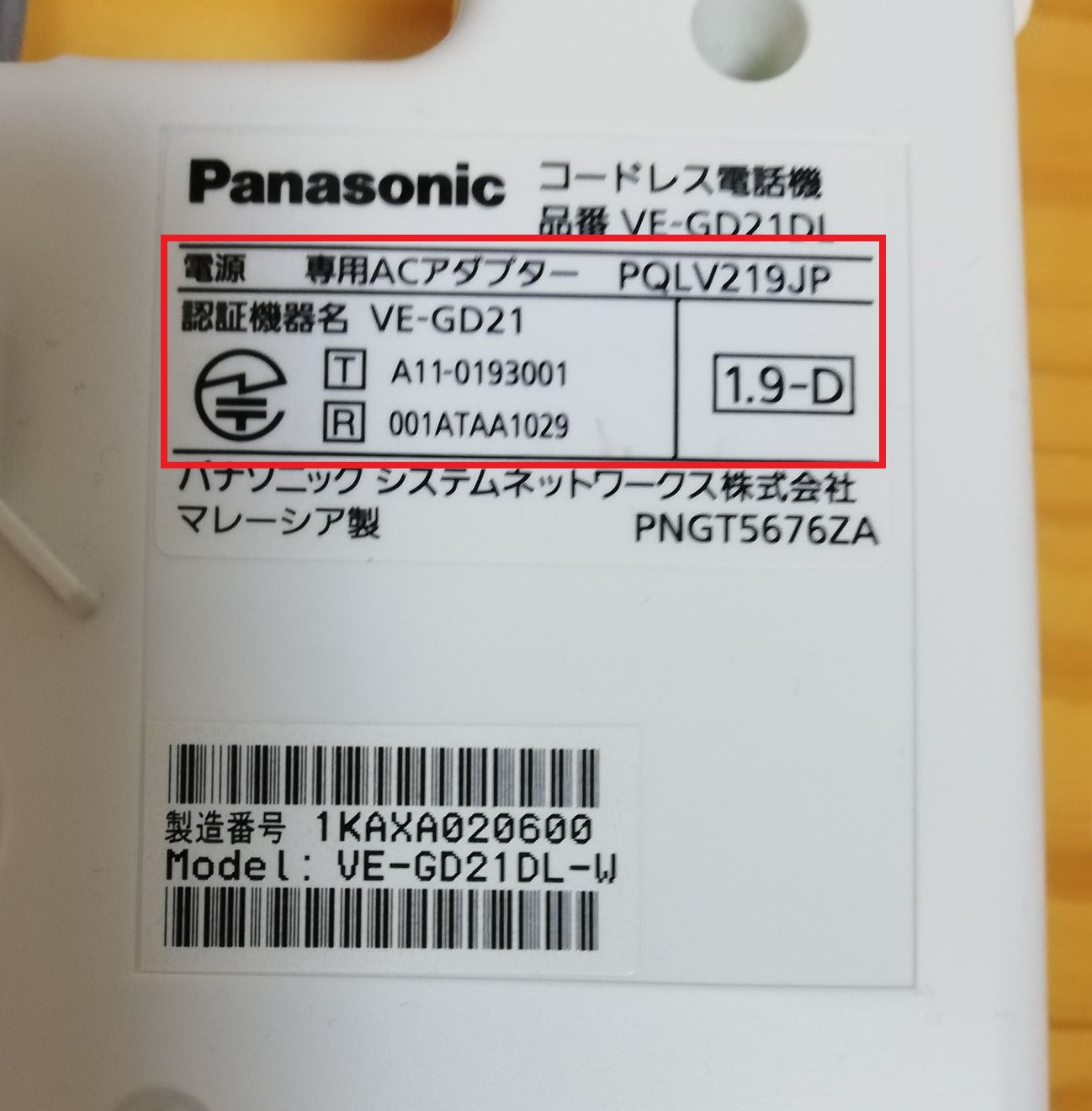
Radio law display for home phones
In addition, these devices, aside from technical and legal stories, it is necessary to connect widely with radio waves, so there is an order of magnitude R mark certification cost, and T mark certification costs are also reasonable. In other words, the authentication cost is high.
In our company, we have had several business requests for certification from Chinese smartphone manufacturers, etc., but when we submitted an estimate, everyone declined to the high cost.
I proposed to make it cheaper in various ways, but it seems that I had to give up by all means because it is still an order of magnitude of money expense.
Both Japanese and overseas manufacturers are only major companies in the Japanese market. The reason for this is that small and medium-sized companies that cannot expect a certain level of sales channels from the beginning because the certification cost is too high, I feel again that it is a market where you can not even compete.
However, there seems to be a high interest, and there are many requests for quotations such as mobile phones, wireless LAN routers, rental Wi-Fi, etc.
On the other hand, there are many inquiries about electromagnetic waves such as wireless charging and TVs and PCs.
In this article, while telling the world what other certifications are in connection with the Radio Law, I would like you to enhance the antenna related to authentication when doing new business.
Contents
Telecommunications Business Act
Mobile phone
I will write a little more about the Telecommunications Business Act I mentioned earlier.
In 1984, the year before Nippon Denko Corporation was privatized and NTT became NTT, the Telecommunications Business Act was enacted.
Article 1
The purpose of this Act is to ensure the smooth provision of telecommunications services, protect the interests of its users, thereby promote the sound development of telecommunications and the convenience of the public by ensuring that the operation of telecommunications business is appropriate and reasonable, and by promoting fair competition thereof.
In accordance with the Telecommunications Business Act, telecommunications carriers (telephone companies) initially started only with privatized NTT, DDI (now KDDI) and Nippon Telecom participated in 1987, And in 2000 Jayfon, a subsidiary of Nippon Telecom, was acquired by Vodafone in the UK, and a foreign telecommunications company Vodafone was born in Japan.
Then, in 2006, Vodafone was acquired by SoftBank, and telecommunications company SoftBank appeared. SoftBank introduced the iPhone to Japan in 2008, and the smartphone era arrived in Japan.
Ntt, KDDI, and SoftBank's telecommunications companies continued for a while, but Rakuten entered the telecommunications business in 2019, and the telecommunications industry is showing new guise.
Basically, ntt, KDDI, SoftBank, and Rakuten (so-called carriers) possess telecommunications radio waves, and other companies are mvnos (virtual mobile operators) that develop services as telecommunications carriers and sell mobile terminals.
At that time, it is necessary to certify the Radio Act of the R mark and the T mark's T-mark Telecommunications Business Act. Even though it is high, it can be said that it is an environment that can be entered relatively easily because it is insignificant at the level of a major company.
In addition, this MVNO is being promoted by the "Mobile Birth Plan" formulated by the Ministry of Internal Affairs and Communications in October 2014.
This is due to the fact that the spread of smartphones has made it difficult to differentiate between major mobile telecommunications and telephone companies, and unhealthy competition for customers through expensive cashback and cross-selling has become rampant.
In addition, sim unlocking in 2015 became mandatory, and only the largest three companies (at that time) possessed radio waves, but users are now entering an era where terminal manufacturers and telecommunications carriers can choose freely.
Although the preface has become long, after the flow of such times, manufacturers of cheap smartphones such as China have begun to rise, and famous places such as Huawei and OPPO are, but in addition, the number of smartphone manufacturers aiming at the Japanese market is increasing.
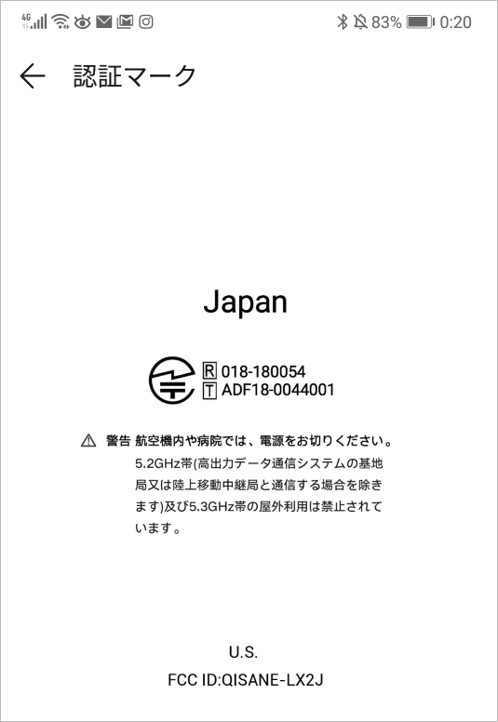
Mobile Phone Radio Law Certification Page
Other T-mark terminals
It might be a wireless LAN router etc. that are well known as terminals that require the T mark.
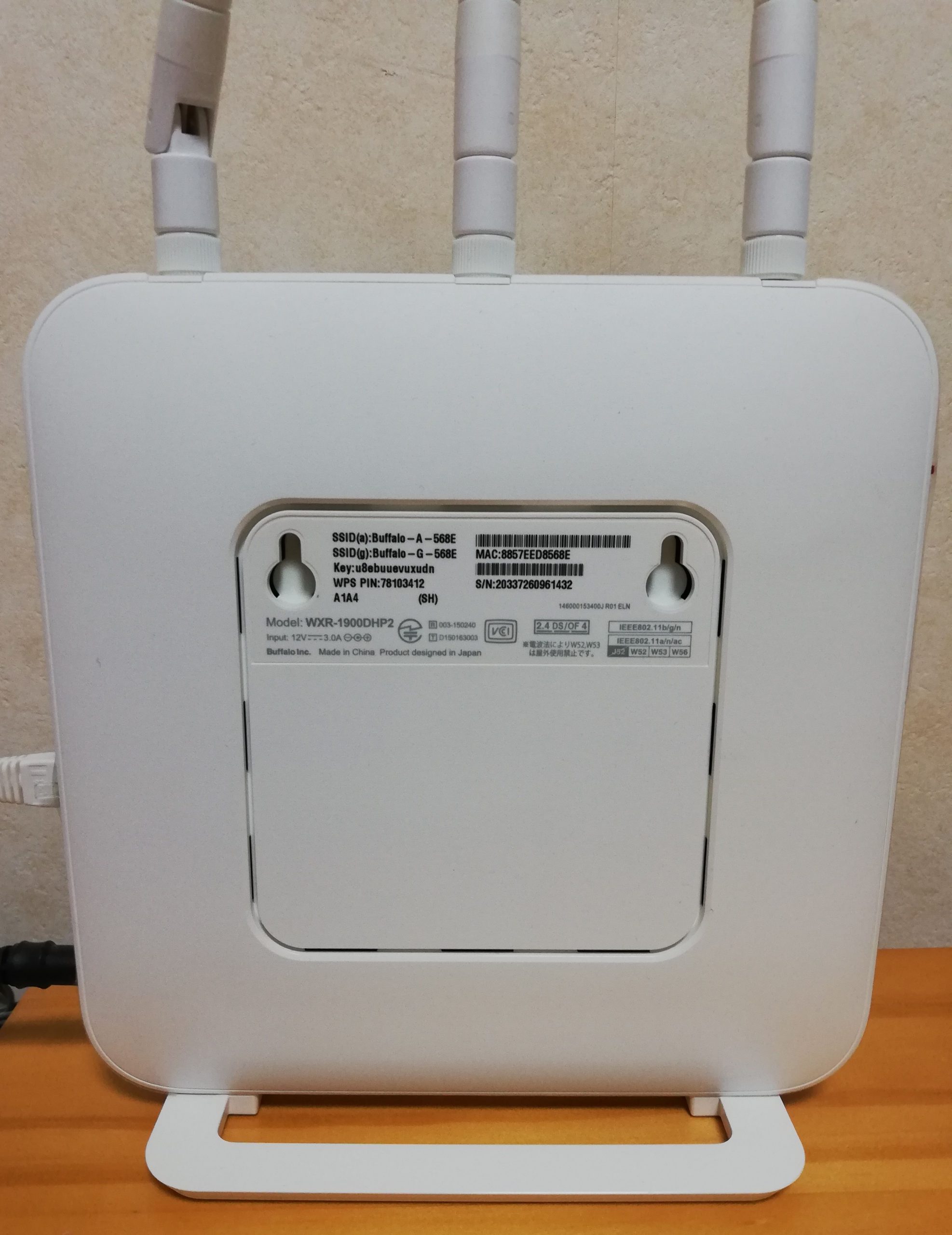
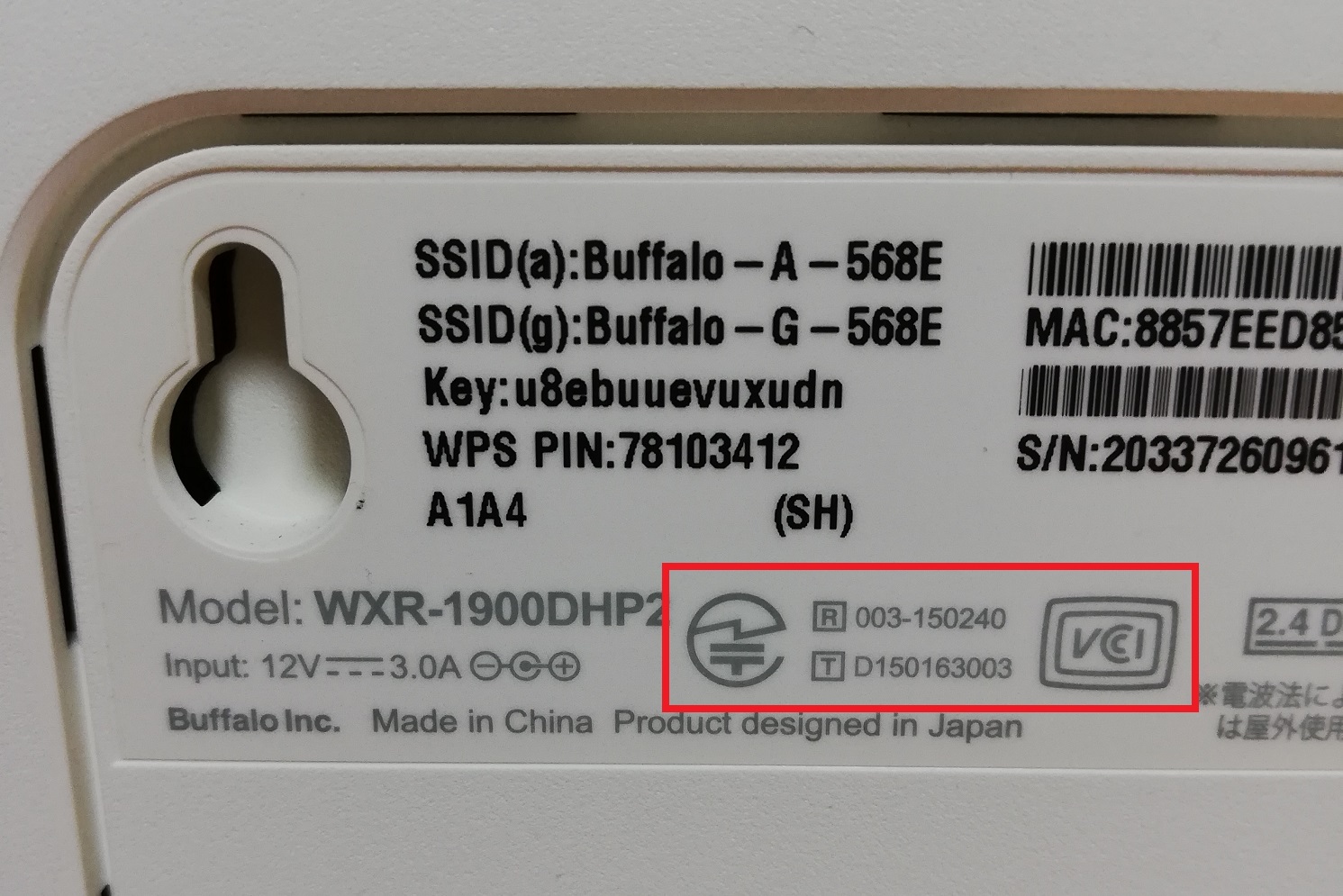
There is also a radio law display of a wireless LAN router and a VCCI display described later.
Once again, I will briefly review the difference between the R mark and the T mark.
R mark radio law certification refers to "technical standard conformity certification based on the Radio Act", and it is an image that wireless communication is performed between specific products and between specific distances as a wireless equipment station.
For example, a typical phone and Bluetooth connection is a case where there will be no kiri if you count speakers and remote controls. In addition, like a wireless presenter or wireless mouse, a dedicated USB is connected to a PC to operate a pc.
In addition, some devices communicate with each other, such as transceivers.
On the other hand, T Mark's "Certification of Compliance with Technical Standards" under the T-Mark Telecommunications Business Act is for connecting to telephone line networks.
As mentioned above, the target products include analog phones and faxes, sim (mobile phones), wireless LAN routers, GPS, etc. as relatively new ones.
In addition, basically it is not only a T mark, and at the time of the T mark, the R mark is also set.
Again, equipment that requires T-mark certification may have few opportunities to consider certification because the authentication cost is orders of magnitude, but I think that there is no loss because there is knowledge that these things can be certified or become a business operator if they find products from overseas etc. and give some cost.
Bonus: Foreign Visitors to Japan and the Radio Law
Since it is not very relevant to authentication work, I will write briefly, but if you are learning radio law on this site, you may wonder when you see foreign visitors to Japan using mobile phones and wireless devices.
Isn't that a violation of the Radio Law?
According to Article 103-5 of the Radio Act, Japanese carriers can operate mobile phones and other terminals that are contracted in the relevant country overseas and conform to the technical standards of the country that correspond to The Technical Standard Conformity Certification of Japan.
In addition, it is stipulated that radio law certification, etc. will be treated the same as terminals with technical standards (no radio station license required, no radio operator license required) only for terminals that conform to the technical standards of the relevant country overseas equivalent to Japanese technical standard conformity certification, and only within 90 days from the date of entry.
Although there are bylaws, it is important to ensure the convenience of users by establishing exceptional regulations. If you make it too strict, foreign visitors will not come.
In fact, it may be difficult to disturb the radio wave environment in Japan and undermine the interests of society with overseas smartphones brought to Japan by foreign visitors to Japan.
To be honest, it is difficult for people to crack down, and I think it is a gray zone as much as possible, but in the legal way it is a white view.
Also, if you say so, there is a radio law unique to the country overseas, so it is difficult if communication devices such as smartphones brought in from Japan become subject to crackdown. Is it like each other?
Qi certification
It is a wireless charger that can be charged just by placing a mobile phone (smartphone) that has been becoming a hot topic recently, but in fact, authentication (international standard) exists in this as well.
As the demand for smartphones expands further in the future, the act of carrying a cable for charging is a burden for users in no small way due to problems such as space, and it would be a great story to be able to charge wirelessly.
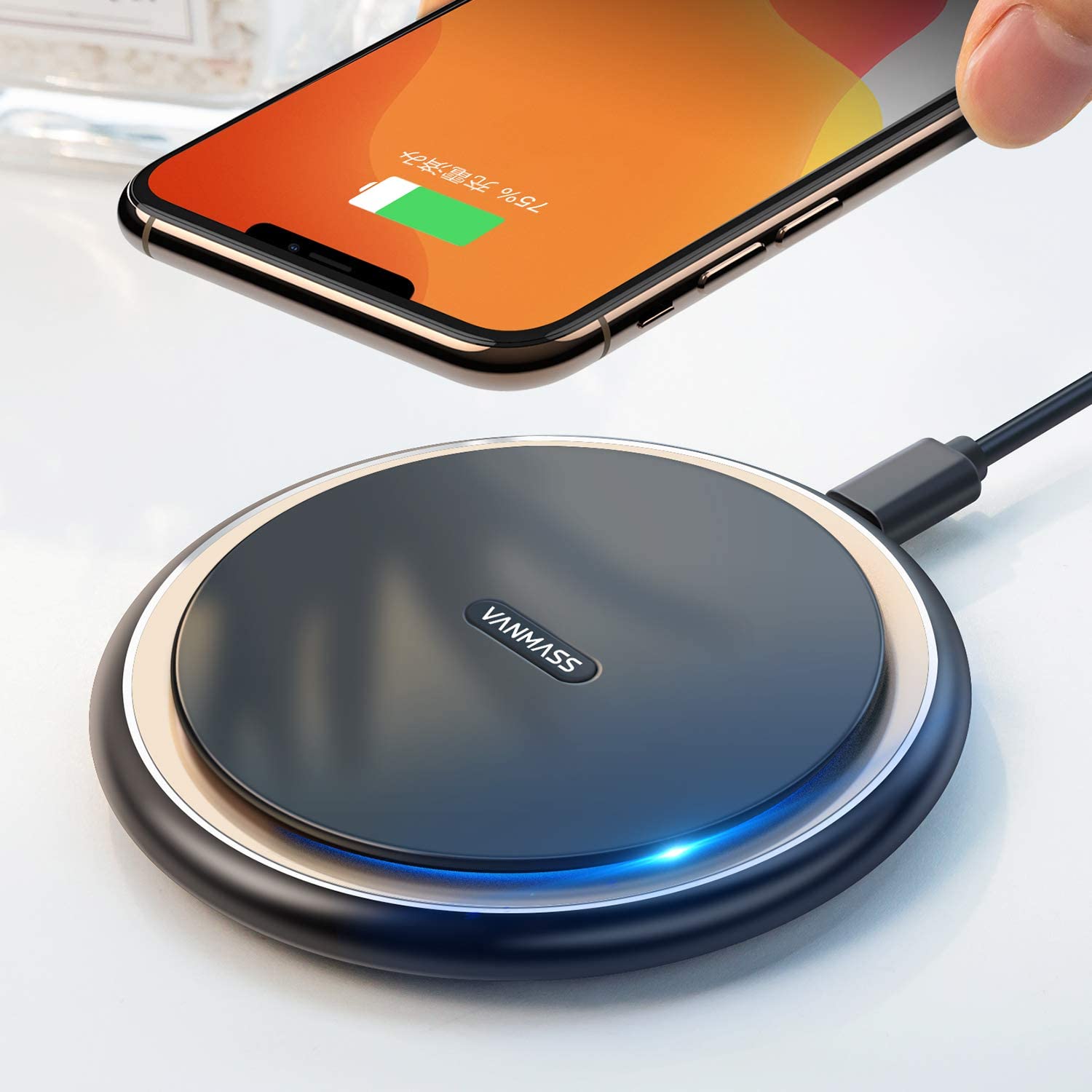
Quote: Amazon_VANMASS Direct_ wireless charger
In fact, products equipped with wireless charging function are being released more and more.
This wireless charger has an international standard called Qi certification, and because the inspection contents themselves are new, the number of inspection organizations that can handle inspections is small, and it is still only ul Japan in Japan. There are many more if you look for it in China.
However, since Qi certification is an optional authentication, there are no legal penalties even if you sell without certification. However, major manufacturers will always authenticate, so when you line up with them, it is certain that if you do not have any appeal to the user, you will lose.
Also, fundamentally, even if you say that a product that does not appeal for Qi certification will charge wirelessly, is it really so? You'll be wondering.
If you have Qi authentication and you are not Qi certified, everyone should choose the former. I think that this area is a difficult place to judge whether or not to acquire arbitrary certification.
On the other hand, wireless chargers are subject to radio wave law as follows.
Wireless power transfer is not a communication, but it is a mechanism in which the energy of electromagnetic waves is transmitted to space, so it is the use of high frequency. High-frequency equipment is subject to the rules of the Radio Act in consideration of other communications and the impact on the human body.
However, wireless chargers with power transmission power of 50W or less do not require individual installation permission or other procedures.
It is difficult to interpret the contents, but in short, wireless chargers are subject to radio law.
In addition, wireless chargers are applicable to high-frequency equipment, but when the power transmission power is 50W or less, procedures such as individual installation permission are not required.
Electromagnetic waves on TVs and PCs
Among electromagnetic waves including light and X-rays, relatively low frequencies are called radio waves. Radio waves are useful in various fields such as communication and electronic device control, but on the contrary, they can have unintended effects.
VCCI Logo
Weak radio waves emitted from many electronic devices can affect each other and interfere with and impede the operation of other electronic devices, such as tv screen disturbances, radio noise, and computer malfunctions.
Radio waves that become noise (electromagnetic noise or radio wave noise) for such devices are called "jamming" or "jamming radio waves". The jammer is invisible and cannot be completely eliminated as long as the electronics operate.
For this reason, the VCCI Association was created with the idea of self-regulating disturbances from electronic devices so as not to impede televisions and radios, and this VCCI mark is a proof of peace of mind that self-regulation can be displayed on products that satisfy self-regulation.
Have you ever seen such a mark VCCI logo on the back of your pc, digital camera, game console, or other electronic device? Vcci Association member companies produce products that meet the technical standards of the VCCI Association.
Citation: VCCI Association_Disturbances and VCCI
You may not have many opportunities to authenticate TVs, PCs, LAN-related devices, facsimiles, modems, etc., but if you do, you should consider this VCCI authentication other than PSE authentication.
VCCI itself is not required because it is an optional authentication, but if it is introduced in the home, if there is no VCCI, there is a possibility that it will be inferior compared to major manufacturers. Of course, there may be few users to check that far.
However, for example, for outdoor events and PR, it may not be necessary to stick to that much, and arbitrary authentication may be determined by the application.
That said, major companies will acquire all relevant certifications, including any.
That is why it is a major company, but in the case of small and medium-sized companies, of course, I think it is better to deal with everything, but I think that certification strategies around that area will be necessary.
There are customers who do not actually do any things that do not require certification, but I think that will become a problem of corporate ethics.
However, the most important thing is how much we can contribute to the lives of our customers while limiting unnecessary expenditures, so if you can consult about that area, we will respond.
Announcements
We are currently recruiting agents for our certification agency business.
Why don't you start a side business with a certification agency model that makes a profit of 100,000 yen or more with a single order?
For details, please access the information page from the banner below.